Last updated: June 10, 2025
Owning a horse is a dream for many, but it comes with serious financial responsibility. On average, annual costs range from $6,000 to $7,000, though actual expenses can vary widely, from $3,000 to over $12,000 per year, depending on where you live, whether you board your horse, and the level of care it needs.
This guide breaks down all the major expenses—from the initial purchase price to ongoing costs like feed, boarding, and veterinary care—so you can make confident, informed decisions.
Key Takeaways: Cost to own a horse:
- Ongoing expenses, such as feed, boarding, farrier, and vet care, depend on how and where you keep your horse, making careful budgeting essential.
- Initial setup costs—including purchasing the horse and basic equipment—often fall between $10,000 and $15,000.
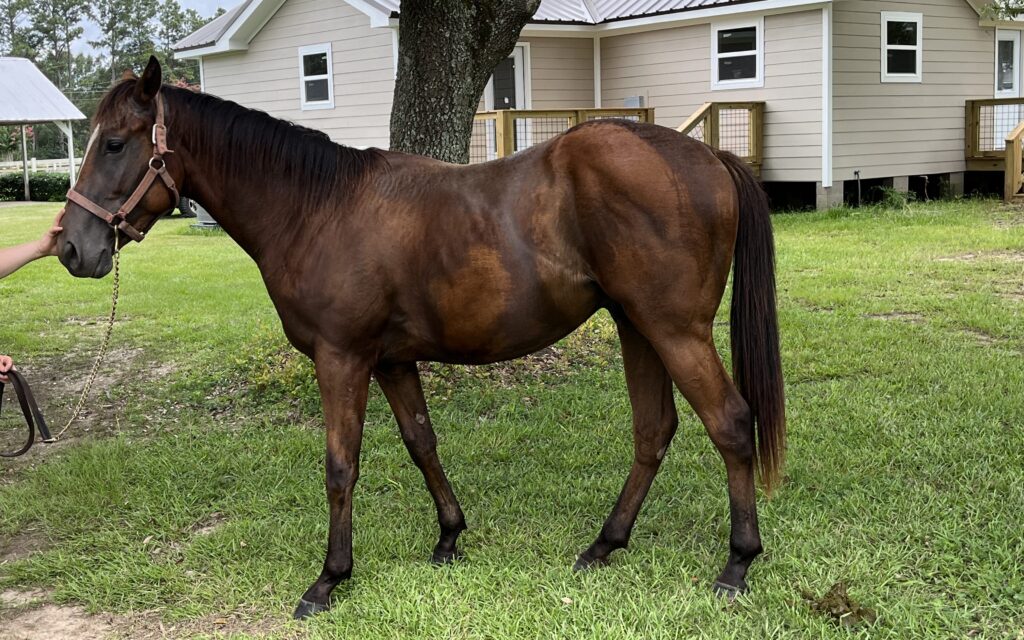
Buying a Horse: Initial Costs
The first year of owning a horse involves several one-time expenses. Here’s what to expect:
| Expense | Average Cost |
|---|---|
| Horse Purchase | $500 – $50,000+ |
| Stable Construction/Setup | $2,000 – $5,000 |
| Tack and Equipment | $1,000 – $2,000 |
| Veterinary Checkup/Vaccinations | $300 – $500 |
| Miscellaneous (e.g., transportation) | $500 – $1,500 |
Pro Tip: Buying a horse at auction can save money, but it’s essential to research the horse’s history and temperament. Horse Auction: How to Buy a Good Horse and Avoid Mistakes offers helpful information on evaluating horses before purchase.

Ongoing Costs of Horse Ownership
Once the initial setup is complete, budgeting for recurring expenses is key. Here’s a breakdown:
1. Cost of Feed and Hay
Horses require consistent, high-quality nutrition to stay healthy. The costs depend on the type and quantity of feed.
| Expense | Monthly Cost | Annual Cost |
|---|---|---|
| Hay/Forage (40 lbs/day) | $60 – $100 | $900 – $1,200 |
| Grain or Concentrates | $50 – $100 | $600 – $1,200 |
| Supplements (optional) | $20 – $50 | $240 – $600 |
- Total Feeding Costs: $130 – $250/month or $1,500 – $3,000/year.
For reliable feeding recommendations, refer to Rutgers Equine Science Center, which provides insights on balancing hay and grain for optimal health. Fun Fact: An average-sized horse can easily consume 15 to 25 lb. of hay per day or nearly 15-30 bales per month. Learn more about hay types and what horses eat in our hay feeding guide.

2. Horse Boarding Expenses
If you lack land for your horse, boarding is a major cost. Boarding expenses depend on location and the services offered.
| Type of Boarding | Monthly Cost |
|---|---|
| Pasture Boarding | $300 – $600 |
| Full-Service Stall Boarding | $500 – $2,000+ |
Boarding costs can vary significantly by region. For example:
- In rural areas like Kentucky, you might pay $300-$500/month for pasture boarding.
- Suburban locations like Colorado average $600-$1,000/month.
- Urban areas such as New York City can exceed $2,000/month for premium facilities.
For tips on choosing the best boarding option, visit the Unversity of Maine Cooperative Extension.
Pro Tip: Self-care boarding, where you handle feeding and cleaning, can reduce costs significantly. However, it requires more of your time and effort.

3. Healthcare Expenses
Routine veterinary care, farrier visits, and emergency treatments are essential for your horse’s health.
| Service | Annual Cost |
|---|---|
| Routine Vet Checkup | $200 – $300 |
| Vaccinations | $100 – $200 |
| Deworming (4x/year) | $75 – $150 |
| Dental Care (1-2x/year) | $400 – $600 |
| Farrier (Shoeing/Trimming) | $600 – $1,200 |
Emergency Costs:
Unexpected medical issues, such as colic, can result in significant expenses. The average cost of colic surgery ranges from $5,000 to $10,000. For more information on preventing health issues, consult Purdue Extension.

4. Cost of Farrier Care for Horses
Hoof health is critical for your horse’s well-being. The costs depend on the type of shoeing and frequency.
| Expense | Annual Cost |
|---|---|
| Barefoot Trimming | $40 – $60 every 6-8 weeks |
| Full Shoeing | $100 – $150 every 6-8 weeks |
- Annual Total: $600 – $1,200.
For more information, consult the American Farrier’s Association.
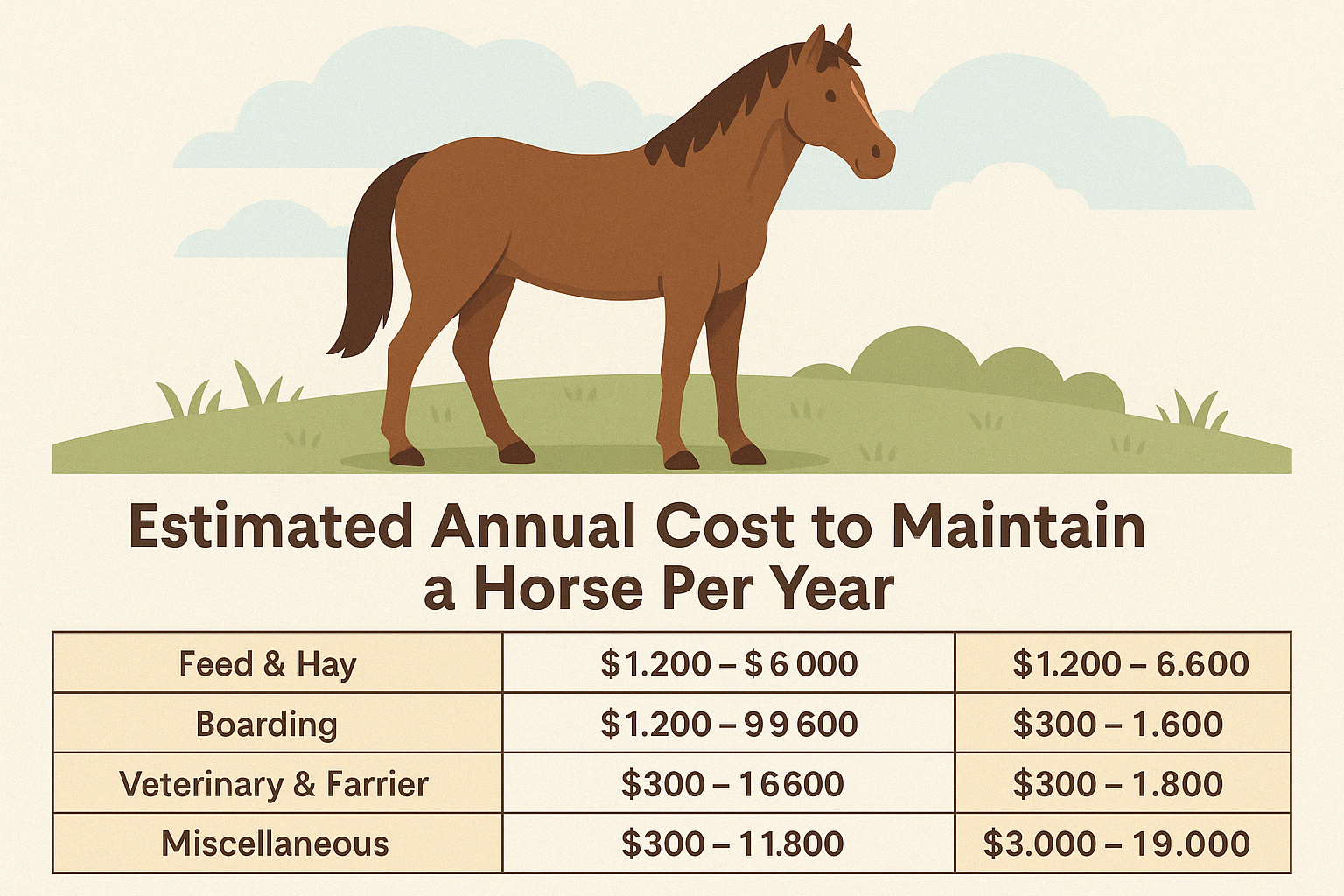
💬 How much does it cost to own a horse each year?
Most horse owners spend $6,000 to $7,000 annually, though total costs can range from $3,000 to over $12,000, depending on factors like location, boarding, feed, and vet care.
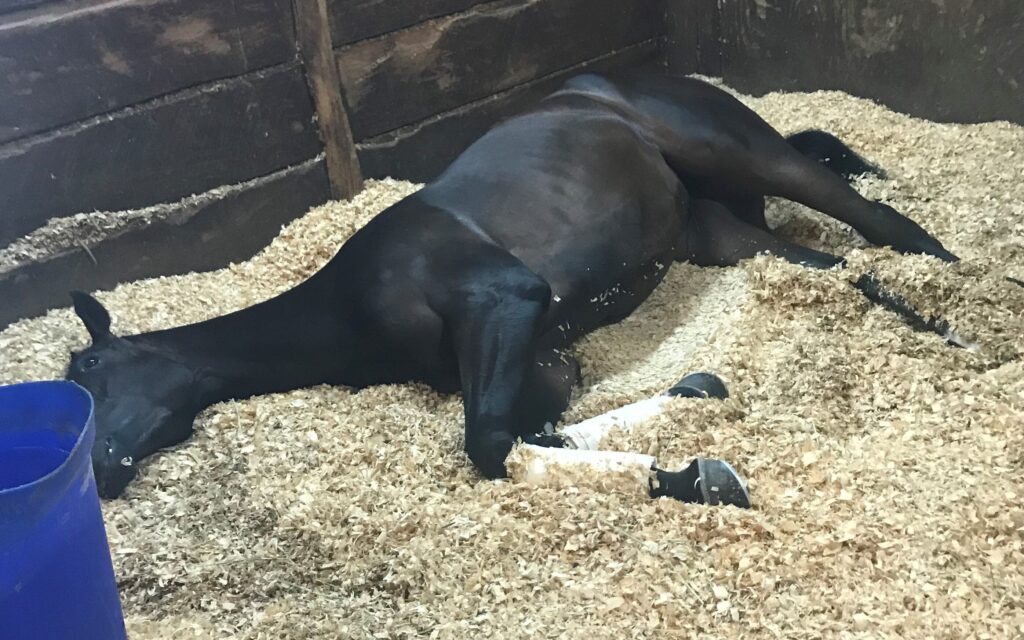
Uncovering Hidden Costs of Horse Ownership
While the primary costs of horse ownership, such as feed and boarding, are well-known, several less obvious expenses can take horse owners by surprise. These hidden costs—from transportation to insurance—often play a crucial role in your overall budget. Let’s look at these expenses to help you plan more effectively.
Transportation Costs:
- Discuss trailer purchase or rental, fuel costs, and hauling services.
- Example Costs: Trailer purchase: $5,000-$20,000; Fuel for trips: $50-$300, depending on distance.
- Pro Tip: Coordinate with other owners to share hauling costs.
Planning to transport your horse? Our article on how to choose the best horse trailer offers insights into managing hauling expenses.
Professional Training:
- Mention the cost of sending a horse to a trainer or hiring one for lessons.
- Example Costs: $800-$1,500/month for full-time training.
- Fun Fact: Well-trained horses tend to retain more value over time.
Insurance and Liability:
- Briefly explain liability insurance for horse owners.
- Example Costs: $250-$600 annually for equine liability insurance.
Emergency Fund for Vet Bills:
- Highlight that unexpected health issues, like colic surgery, could cost $5,000-$10,000.
Regional Cost Variations
Geographic location significantly impacts horse ownership costs. Here’s a snapshot:
| Expense | Rural (e.g., Kentucky) | Suburban (e.g., Colorado) | Urban (e.g., New York) |
|---|---|---|---|
| Boarding (monthly) | $300 – $600 | $600 – $1,000 | $1,500 – $2,500+ |
| Farrier (annual) | $600 – $800 | $800 – $1,000 | $1,000 – $1,500 |
To compare costs in your area, check local resources like Extension Horses.
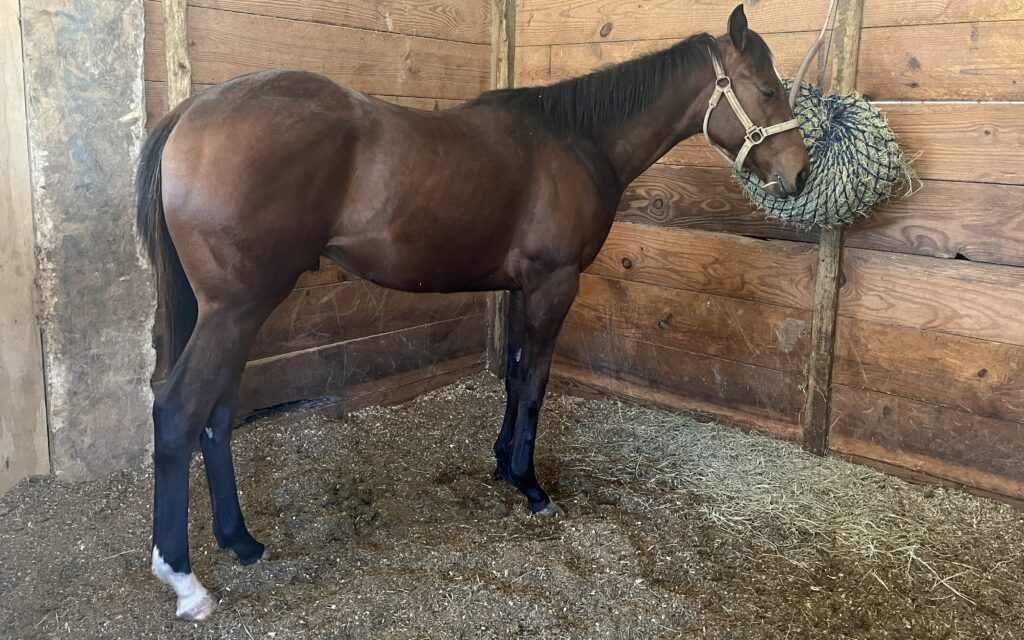
How Breed Impacts the Cost to Own a Horse
The cost to own a horse can vary significantly depending on the breed, as each comes with unique needs, from maintenance to specialized care.
- Thoroughbreds:
- High initial cost and maintenance due to their size and energy levels.
- Example Costs: $5,000-$20,000 for purchase; Annual care: $7,000+.
- Friesians:
- Require specialized care for their long manes and feathered legs.
- Example Costs: Annual grooming and care: $8,000-$10,000.
- Quarter Horses:
- Popular for their versatility and lower maintenance costs.
- Example Costs: $2,000-$5,000 for purchase; Annual care: $4,000-$6,000.
- Ponies:
- Lower costs overall but may require specialized diets.
- Example Costs: $1,000-$3,000 for purchase; Annual care: $3,000-$5,000.
- Pro Tip: Research the breed’s specific care needs to budget accurately.
Curious about the best breeds for your needs? Check out our guide to the Top 10 Most Popular Horse Breeds to learn more about their costs and care requirements.
How to Save Money on Horse Ownership
- DIY Care: Learn routine tasks like grooming and basic medical care. DIY Horse Care Tips to Save Money offers helpful advice.
- Buy in Bulk: To reduce costs, buy large quantities of hay, grain, and bedding.
- Preventative Care: Regular checkups and vaccinations help avoid expensive emergency treatments.
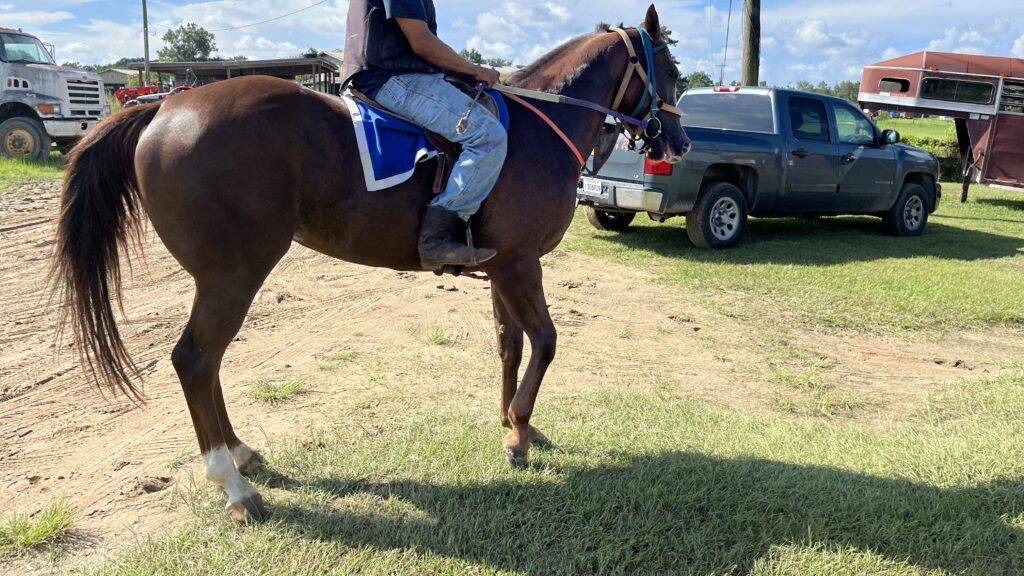
FAQs About Horse Ownership Costs
How much does it cost to own a horse per month?
Expect to spend $500 – $700 monthly, depending on location and care choices.
Are certain horse breeds more expensive to own?
Yes, breeds like Thoroughbreds and Warmbloods often have higher maintenance costs due to their size and specialized needs.
Is horse insurance worth it?
Insurance protects you from unexpected medical costs. The American Horse Council provides helpful information on equine insurance.
What are the monthly expenses for horse ownership?
Monthly expenses can vary but often include costs for feed, boarding, farrier services, and veterinary care, totaling between $600 and $2,000.
Are there ways to reduce the cost of owning a horse?
Yes, strategies include choosing pasture boarding over full-service stables, buying feed in bulk, and performing routine care tasks yourself.
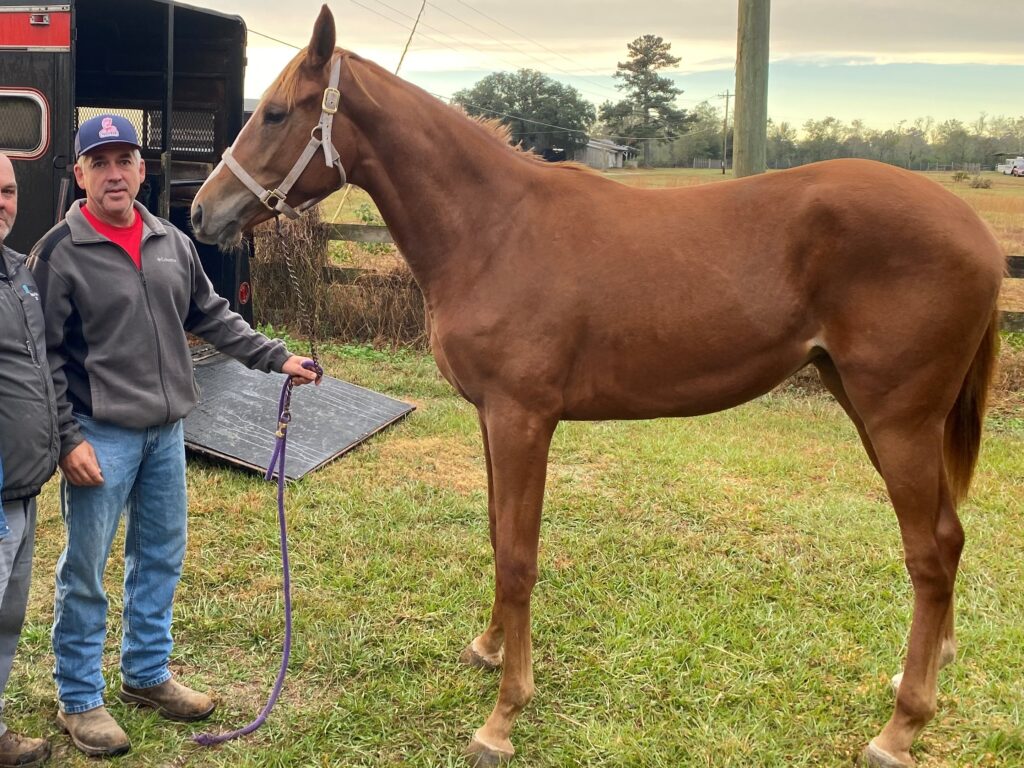
Conclusion: Cost to Own a Horse
Owning a horse is a serious financial commitment—but it’s also one of the most rewarding experiences in animal companionship. From quiet moments at the barn to progress in training or competition, the bond you build is truly priceless. With smart planning and a clear understanding of the real costs, you’ll be free to focus on the best part of ownership: enjoying the ride.
💬 Do you already own a horse—or are you budgeting for your first one? Share your tips, questions, or experiences in the comments to help other readers make informed decisions!
💡 Want help preparing for your first horse? Check out our guide to buying your first horse for tips on budgeting and care.
📘 For more specifics, explore our breakdowns of boarding costs and feeding expenses to round out your budget.
Below is a YouTube video that covers the basic expenses of horse ownership.

About the Author: Miles Henry
Lifelong Horseman | Racehorse Owner | Published Author
Miles Henry brings over 25 years of hands-on experience training and owning Thoroughbred racehorses. Raised with Quarter Horses and Appaloosas, he’s spent a lifetime learning from horses—on the track, in the barn, and in the field. Today, he runs a small but successful racing stable in Louisiana and shares real-world insights on HorseRacingSense.com, helping horse owners, fans, and bettors navigate the sport with confidence.
📚 Books: View Miles’s books on Amazon »
🎧 Podcast Guest: Animal Tales Ep. 32 |
YouTube Interview
📩 Newsletter: Sign up for racing tips and horse care advice »
🔗 Follow Miles:
Twitter |
Facebook |
YouTube


